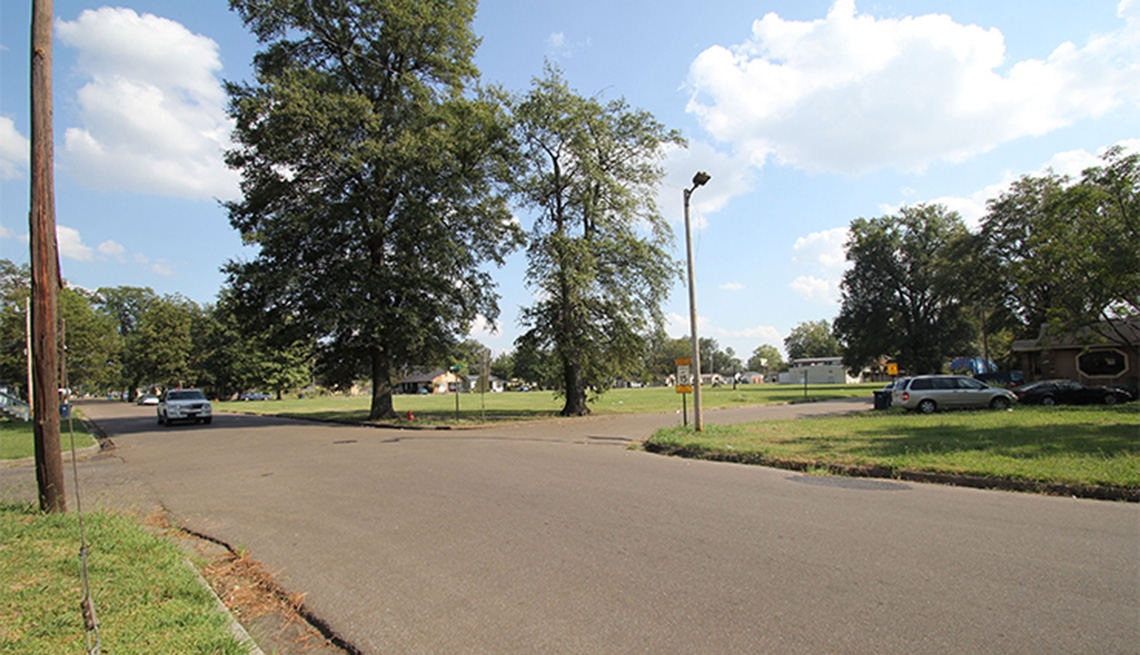
- Select a language for the TTS:
- UK English Female
- UK English Male
- US English Female
- US English Male
- Australian Female
- Australian Male
- Language selected: (auto detect) - EN
Play all audios:
Milwaukee , WI — The Spinal Cord Injury/Disorder Center at the Milwaukee VA Medical Center has been designated as an Age-Friendly Health System by the Institute for Healthcare Improvement.
This distinction requires working toward reliable practice of a set of four evidence-based elements of high-quality care for all older adults, known as the 4Ms: What Matters, Medication,
Mentation and Mobility. There are two levels of designation: Level 1, which shows that a plan has been developed to implement the 4Ms, and Level 2, which shows that the plan has been
implemented and there is three months’ worth of data to verify that. SCI has achieved Level 2, known as “Committed to Care Excellence.” “We serve a large number of older adults, and we want
to provide the highest quality care to them,” said SCI psychologist and outpatient program manager Dr. Jessica Brundage, who spearheaded the effort along with social worker Joy Gumm. “Over
the last three months, we have collected data regarding the number of older adults in SCI who received 4Ms care to demonstrate early impact,” Brundage said. “Our goal going forward is to
reach all older adults within SCI by continuing to incorporate these practices into our care.” Due to the ballooning number of elderly Americans — according to the U.S. Census Bureau, the
U.S. population age 65 and older is expected to nearly double over the next 30 years, to an estimated 83.7 million in 2050 — Brundage said there is a push for health care systems to earn
age-appropriate designations and accreditations. SCI staff were already doing many of the things required for the age-friendly designation, Gumm said, but the process allowed the team of
providers to better synthesize those efforts into a cohesive plan for each elderly patient. Gumm said one of the big takeaways from the effort was recognizing the importance of asking
patients “what matters most to them, what brings them joy … and really aligning their care around that instead of just focusing on their diagnosis and medical treatment,” she said. “That
gives you a whole different perspective on what we’re working toward. When we know those things, we just work really hard to make them happen … and give them that quality of life that’s
meaningful and makes them happy.” Brundage said the designation “reinforces the interdisciplinary nature of the work we do. … It’s enhanced the already great care we provide and taken it to
another level.” SCI patients are typically patients for life, Brundage said. All SCI patients, even those living independently, receive annual in-person assessments, and Brundage said it’s
important to note changes over time when it comes to their social and mental well-being as well as their physical condition. “This gives Veterans a better overall quality of life and helps
with their mental health,” Gumm said. “It shows that they are being listened to, instead of the medical team coming and telling them what they need to do. It shows they have a role in their
plan of care.” “Veterans are the most important part of the team,” Brundage said. “We want to enhance their satisfaction and show that they’re part of these decisions.”









